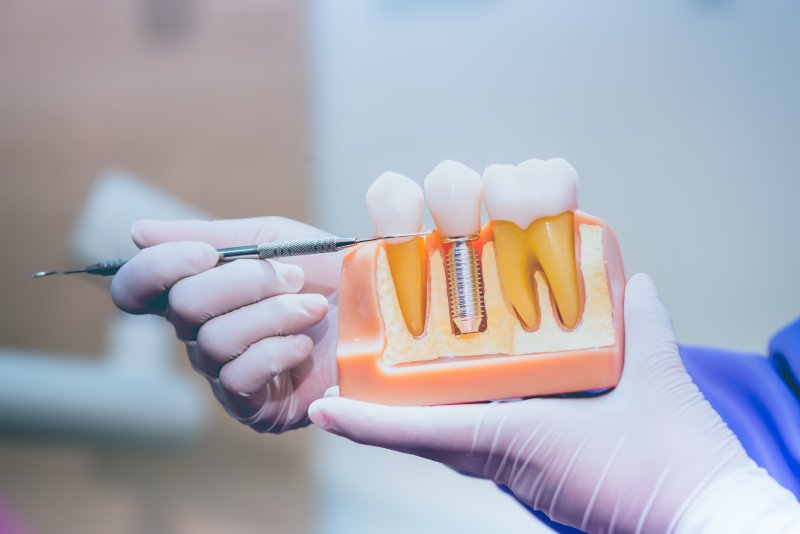
Living with an incomplete smile is not an ideal situation. The problems that can occur as a result, such as eating and talking, can make life far more challenging than necessary. But as you contemplate the idea of dental implants to replace your teeth, you may begin to wonder if you’re eligible for treatment. While it is true some issues can make success difficult, which we will discuss in this article, most patients can move forward with the help of various preliminary procedures.
Can Anyone Receive Dental Implants?
In most situations, some solutions make it possible for patients to move forward with dental implant placement. However, there are health-related issues that can make the success of such treatment more difficult. These include:
- Advanced gum disease
- Bone loss
- Diabetes
- Cancer
- Smoking
- Excessive Alcohol Consumption
Most of the problems listed above can cause a decline in your immune system. The reason this is important is that you must be healthy enough to undergo minor oral surgery (i.e., dental implant placement).
While all of these issues affect your body in different ways, they all make recovery harder, and some can cause excessive bleeding to occur (i.e., alcohol), which can make it difficult for blood clots to form – an essential component of successful healing.
Is It Possible to Still Receive Dental Implants?
Even if you are living with any of the above-mentioned conditions, there is still hope. Dental implants can be achievable, but you must make some changes to ensure that your oral and overall health do not decline while wearing your new smile.
When meeting with your implant dentist to discuss the potential for dental implants, you can expect to have your mouth thoroughly examined, along with your jawbone. Using a visual exam as well as high-resolution digital imaging, your dentist will identify any problems that require treatment before moving forward with dental implant surgery.
Some of the most common recommendations for preliminary care include:
- Gum disease treatment
- Bone grafting and/or a sinus lift
- Tooth extraction
If the concern exists outside of the mouth, you may be encouraged to meet with your physician to discuss ways to manage your diabetes, find cessation resources to stop smoking, or even discuss your medications to determine the best approach for dental implants while combatting cancer.
The point is that while yes, there are situations that can make receiving dental implants more difficult, it’s not impossible. You, too, can enjoy the many great benefits of these uniquely designed prosthetics.
About the Author
Dr. Stephen Boyles graduated from Texas A&M University Baylor College of Dentistry in May 2016 before joining his father, Dr. Franklin Boyles, in his practice at Boyles General Dentistry in June 2016. As a family-operated practice, they combine their talents to deliver exceptional dentistry to patients living in Midland and its surrounding communities. Providing patients with dental implants to replace their missing teeth, the two strive to provide individuals with the necessary tips to keep their new smiles looking and feeling good for decades or longer. If you want to learn what you can do to ensure the longevity of your smile, visit our website or call (432) 685-7011.
